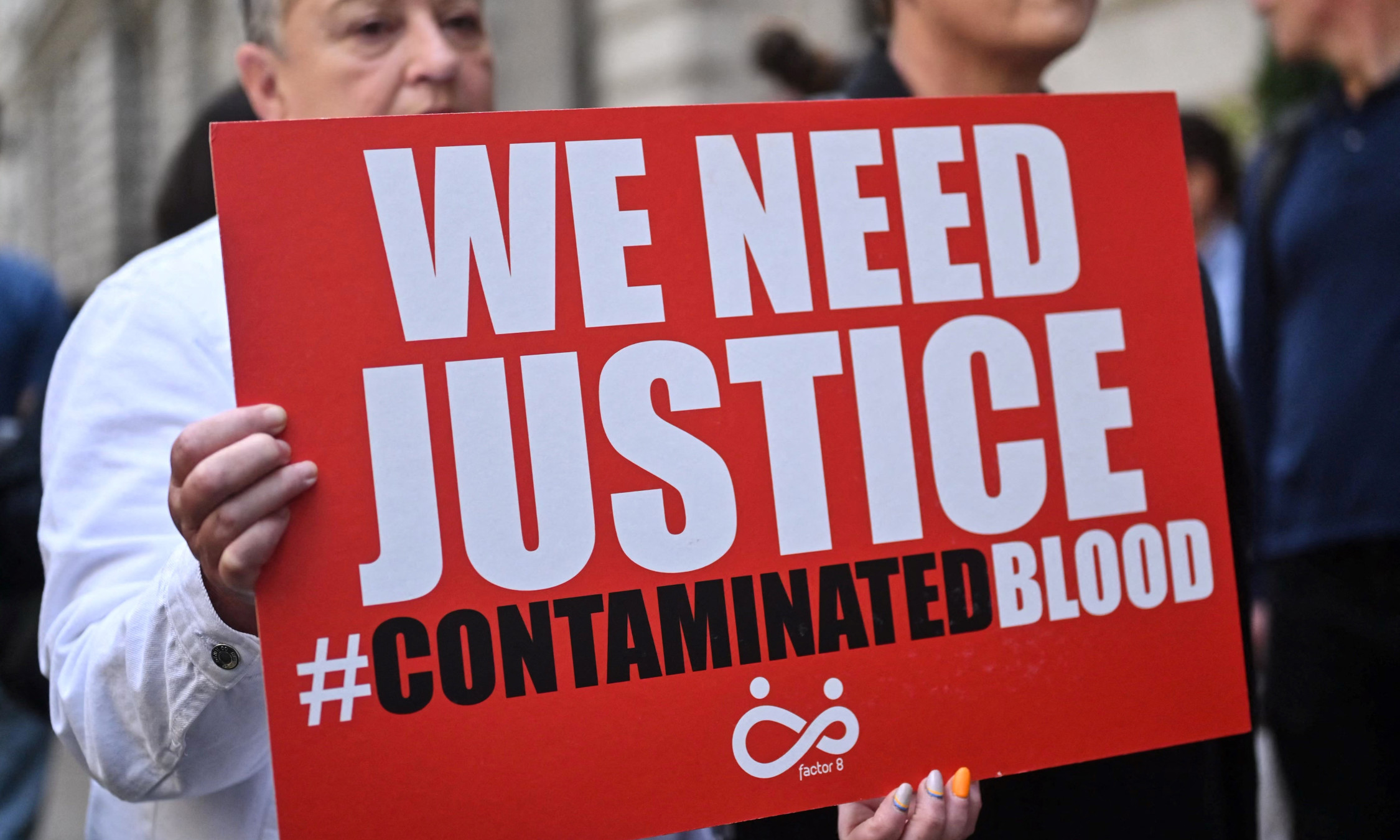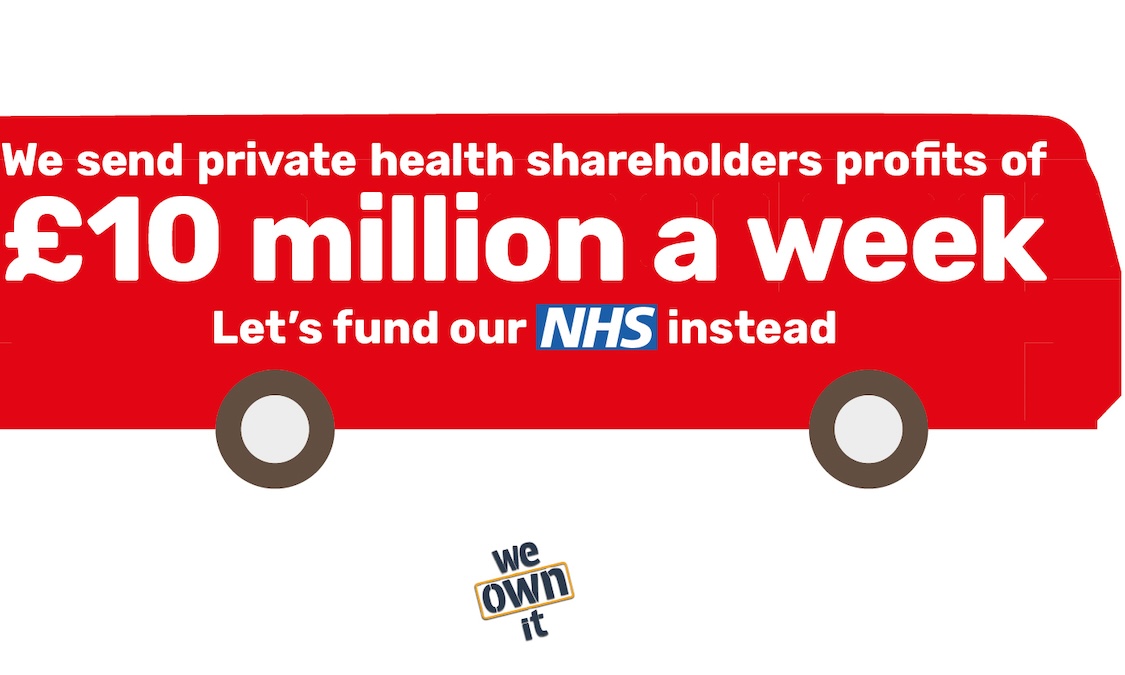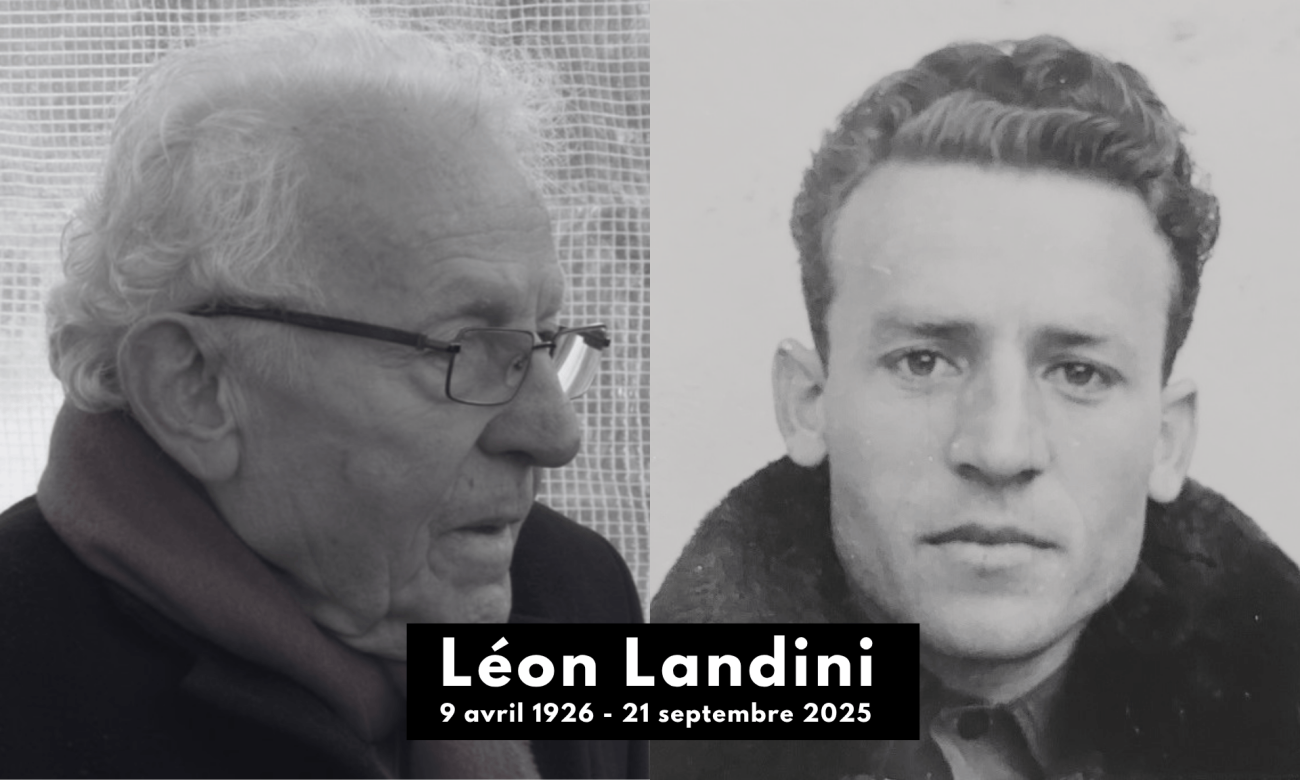The main points in this article are taken from the speeches given by Dr Bob Gill, independent NHS campaigner, and Dr Ranjeet Brar of the CPGB-ML at a public meeting in London on 4 March. To listen to these excellent speeches in full, visit Proletarian Radio at SoundCloud.com/ProletarianRadio.
Despite tremendous public outcry over the latest efforts further to destabilise the National Health Service and hand over the profitable sections to private companies, the ongoing campaign to destroy what remains of public healthcare in Britain shows no signs of slowing down. How then, despite strikes which saw massive public support and demonstrations which have drawn hundreds of thousands out in protest over attacks such as the new junior doctors’ contract, withdrawal of student nurse bursaries, and the latest sustainability and transformation plans (STPs), how has the butchering of the NHS for private profit continued?
A long-term strategy
That the NHS is a temporary concession to the working class of Britain should be perfectly clear to anyone today, but we have to understand both why it was granted and why it cannot be permanent under capitalism, in order to fight effectively for public healthcare. In the face of a very real challenge to the capitalist order in the form of a militant working-class movement in Britain, a strong international socialist example in the USSR, and the weakening of European imperialism after World War 2, the government of the day (Attlee’s Labour) fulfilled its role in managing the affairs of the bourgeoisie. It did what was necessary to negate the threat of revolution, implementing the welfare state and nationalising key industries.
Since its inception in 1948 the NHS has been under attack, when the Fellowship for Freedom in Medicine began campaigning to get the NHS onto the insurance system. In 1968 the pamphlet After the NHS was written by Arthur Seldon, joint founder of the Institute for Economic Affairs, a free-market thinktank that supplied arguments to politicians such as Enoch Powell and Margaret Thatcher, arguing to ‘improve’ the NHS by abolishing it.
Further incarnations of this same plan to enable the insurance industry to increase its profits by destroying the NHS surfaced in the 1980s. This included Health of Nations by the Adam Smith Institute and, in 1988, Britain’s Biggest Enterprise: Ideas for Radical Reform of the NHS, written by Oliver Letwin MP and John Redwood MP and published by the Centre for Policy Studies. Letwin and Redwood were both working for NM Rothschild bank’s international privatisation department at the time, and Letwin was publishing Privatising the World, a book that sought to “[analyse] the opposition to privatisation and the techniques used to overcome this opposition”.
With the destruction of class-conscious workers’ organisations through the rise of international revisionism and sustained attack from the bourgeois state, and in the absence of a strong socialist example in the world, the bourgeoisie and its agents at present feel themselves free to follow the economic laws of capitalism, eroding hard-won working-class rights and provisions in favour of exploitation and profit. The NHS, despite decades of media spin and lies, remains overwhelmingly popular, and so its privatisation has taken decades to implement. Although major battles have been won by campaigns to save individual hospitals and departments, the wider war is being lost.
Stealth privatisation
The stealth privatisation of the NHS was quietly begun under the Thatcher administration and has continued unabated ever since. The sole attempt to bring the plan out of the shadows, presented to a Conservative cabinet in 1983, was so roundly rejected that the decision was taken to complete the privatisation by covert means, under a series of false narratives to distract the public from what was really going on.
From the outsourcing of non-clinical services, the introduction of an internal market, the splitting up of the hospital network into independent trusts, and the usurious Private Finance Initiative (PFI) scheme, the privatisation project continued under successive governments. While those in charge maintained the deception about ‘improvement’ and ‘modernisation’ contained within successive pointless top-down reorganisations, they were in fact precisely following the steps laid out in the Health of Nations NHS privatisation plan.
Consecutive governments, whether Tory, Labour or ConDem, have diligently obscured the intent of health reforms with spin and misdirection, while senior NHS positions have been filled by those who would not be likely to point out these lies to their medical colleagues and the public.
The success of the project has depended on public ignorance and on distracting attention with myth creation. The propaganda agents for the plan include large sections of the media, in particular the BBC. The state broadcaster has avoided scrutinising health reforms and instead simply regurgitates government spin, peddles myths and presents pro-privatisation thinktanks as if they were independent. Growing public and professional protest has been conveniently ignored. It is censorship by omission.
The British Medical Association (BMA) has spent the last two decades gently guiding through marketisation and privatisation under the guise of ‘critical engagement’. The doctors’ union has provided no effective challenge to government policy, and kept members in the dark to a degree that suggests complicity at leadership level. Genuine opposition by BMA leaders to the Health and Social Care Act 2012 could have prevented the NHS being carved up for profiteers, for example, while more recently the leadership has gently rolled over to allow the disastrous new junior doctors’ contract to be implemented.
Enter the privateers
To change the NHS from a health service to a business, the traditional medical leadership has been replaced with a general management structure. Hospitals and health boards across the country have had their small, clinically-dominated, patient-focused memberships replaced by a leadership that is less inclined and equipped to protest about damaging patient services and quality of care.
The introduction of the internal market, in which NHS services can be farmed out to the private sector, the setting of targets and the forcing of inflexible (and entirely unsuitable for hospitals) ‘performance management’ standards led to an explosion in the number of administrators and managers required to implement these reforms.
The chief executive of the NHS, Simon Stevens, has the real control over the running of the service as laid out in the Health and Social Care Act 2012, while the health secretary merely takes the flak. Stevens came from a lucrative career in American private healthcare company UnitedHealth Group, the move being praised by the Spectator’s Fraser Nelson, who claimed Stevens “knows more about NHS problems and market solutions than any man alive”. Stevens also had a hand in advising Labour PM Blair on privatisation efforts back in 2000, perhaps part of the reason he has been ushered into the job, which is worth £190k a year. (The NHS Wales disaster vindicates Tony Blair not David Cameron, 24 October 2014)
Management and administration costs have soared from an average of 5-6 percent before the introduction of an internal market to 14 percent by 2014, some £10bn extra per year due to “the purchaser-provider split, private finance, national tariffs … [which mean that] transactions costs of providing care have increased, and may continue to increase.” (The billions of wasted NHS cash no-one wants to mention by Caroline Molloy, OpenDemocracy.net, 10 October 2014)
Although funding to the NHS is increasing year on year, the extra billions, rather than providing more beds, staff, or equipment, are being siphoned straight into the private sector: to drugs companies, to PFI loan sharks, and to the medical consortiums and consultants charged with privatising the services previously provided by the NHS.
The Clinical Commissioning Groups, responsible for £9.3bn worth of private contracts as of 2014 (almost half of the total £22.6bn sent to the private sector yearly), have been staffed with those who are either incompetent, are easily manipulable, or who have vested interests in private health. A Unite the Union survey of the 3,392 CCG board members in 2015 reported that 513 were directors of private healthcare companies: 140 owned such businesses and 105 carried out external work for them, while more than 400 CCG board members were shareholders in such companies. On top of this, 70 percent of CCGs had failed to monitor their private-sector contracts or enforce quality standards.
Doctors and other healthcare professionals are warned, subtly or explicitly, not to speak out about the deteriorating conditions in their local trusts, with the understanding that the career they’ve dedicated years of study and work to could be halted, or even face manufactured criminal charges for any complication or death.
In one example, junior doctor Chris Day was the only doctor on night duty in the Intensive Care Unit (ICU) at Queen Elizabeth hospital, with responsibility for 18 patients – over double the recommended amount of patients per doctor. In addition, patients who should have been in the ICU were distributed throughout the hospital on normal wards owing to a shortage of beds, and, as two locum doctors did not turn up, he found himself the only medic on call for the entire hospital of 521 beds. Incidentally, the South London healthcare trust, which Queen Elizabeth hospital was part of, was reported as losing £1m each week as a result of the Private Finance Initiative contract entered into for the building of the new Queen Elizabeth hospital.
Dr Day reported these dangerous circumstances to his managers at the time, and mentioned them again at his annual appraisal with Health Education England, a government quango designed to grease the wheels of the privatisation juggernaut (in February 2016, the chief executive of HEE, Ian Cumming, sent a letter to all the chief executives of NHS foundation trusts indicating that the organisation could cut funding for training posts in any trust which refused to impose the new junior doctors’ contract).
Initially receiving all-round praise at his review, upon the mention of the dangerous staffing levels in his hospital, Dr Day suddenly found himself removed from the national consultant training scheme – effectively ending his career as a doctor. He has taken the case to court, but junior doctors currently have no whistleblowing protection. Indeed, one of the barristers for Health Education England admitted in court that parliament knows about this problem and has chosen not to remedy it. (See How the government is leaving whistleblowing doctors to twist in the wind by Benedict Cooper, New Statesman, 24 February 2016)
Just to hammer home the point, the NHS, the deanery/Health Education England and the secretary of state for health instructed four separate law firms against Dr Day. At every stage of his three-year legal battle to be reinstated, these organisations have colluded to suppress and punish a junior doctor for raising genuine concerns about the safety of, in this case, up to 521 patients. The Francis Freedom to Speak Up review found that 13.5 percent of NHS staff who raise concerns about safety are victimised – more than enough to provide an example to the rest of the workforce.
Privatisation is lethal
It is not just that under an insurance-based healthcare system millions of people will be denied treatment unless they can afford it; people are being killed already owing to the deliberate lack of funds for treatment and services, deliberate lack of trained staff, and deliberately lowered standards and oversight. With every further step towards privatisation, the vultures are able to sabotage yet more of the NHS, and then helpfully step in to recommend more privatisation as the cure.
Most recently, this has resulted in a drastic shortfall in the number of trained healthcare professionals, who are being replaced by less skilled workers (eg, physician associates instead of doctors), who are easier to replace if they step out of line or are no longer required. Beds are now routinely unavailable for a significant number of patients, meaning those in need of care are instead being sent home, where they have a much higher risk of mortality as a result of complications or lack of treatment.
And it is not just the lack of resources for the NHS that is putting people at risk. A privatised healthcare system is inherently geared to generate the greatest profit for the shareholders, rather than to deliver the best treatment for the population. Insurance companies ditch those considered ‘high risk’, leaving people with the choice between selling their homes, begging from friends and family to pay for treatment, or dying.
Meanwhile, doctors begin to be influenced by what brings in the most money for their practice or hospital. A massive campaign for health checks for over-40s was launched, tying up time and resources while not reaching those most in need. Far from being aimed at improving health outcomes for British workers, this campaign is actually designed to collect information that can be passed on to the insurance companies poised to take over our health provision.
Similarly, GPs are currently being incentivised (paid bonuses) to perform highly-inaccurate dementia screening tests on all over-65 patients who walk into their surgeries (no matter what they actually come in for), despite the fact that the screenings have been shown to result in a large percentage of false positives – that is, people being told they are suffering from dementia when they are not, with all the resultant stress and upheaval that such a diagnosis might be expected to bring. Once again, this costly and counterproductive ‘screening’ process has nothing to do with improving outcomes and everything to do with helping private providers set their premiums and decide who should be granted and who denied insurance when the time comes.
Even more chillingly, private healthcare leads to a massive increase in over-testing, over-prescribing, and the carrying out of unnecessary treatments and surgeries. Doctors are encouraged to lavish time and resources on wealthier clients – whether or not they are actually in need of any medical treatment – and to make sure they push whichever drugs or procedures are the most lucrative.
Nearly a decade ago, for example, a whistleblower nurse at Lawnwood Medical Center and Heart Institute in Fort Pierce, Florida, revealed systematic fraud and grievous bodily harm as one of its employees, a Dr Shadani, performed over 1,200 unnecessary heart surgeries on healthy patients. Lawnwood generates 35 percent of its gross revenue from its cardiac unit, and, despite further lawsuits against him and the story being published in the New York Times, Dr Shadani is still working for HCA Hospitals, the largest private hospital chain in the US. Other investigations into HCA’s cardiac practices appear to have sunk without trace. The nurse, of course, was instantly sacked. Money talks! (See Lawsuit: HCA doctor performed unnecessary heart surgery, Palm Beach Post, 17 February 2016)
A militant working-class movement is needed to save the NHS
With all the major political parties and medical bodies, and an army of corporate privateers working methodically and constantly to privatise the last vestiges of the welfare state, a genuine opposition is needed to save public healthcare in Britain. This opposition cannot contain itself within the accepted limits of the present polite ‘opposition’.
Petitioning MPs who are in on the plot is futile, and our rulers are more than happy to let people peacefully protest while they get on with the business in hand unhindered. The cost of shutting some roads and lining them with police for half a day pales in comparison to the billions of pounds in profits that are being wrung out of the NHS every year.
If we wish to save what is left of our health service and to reinstate what we have already lost, we must build a campaign with class-consciousness at its heart: one that can bring together NHS and non-NHS workers and teach them that the only method of guaranteeing healthcare for all is to oust the capitalists and put ourselves in charge – not just of the NHS but of the whole economy. Only then will we be able to get off the merry-go-round of petition, protest, vote, and the constant expropriation of the fruits of our labour to line the pockets of a handful of multibillionaires.
We built the NHS, we pay for the NHS, and we run the NHS.
Kick the parasites out!














